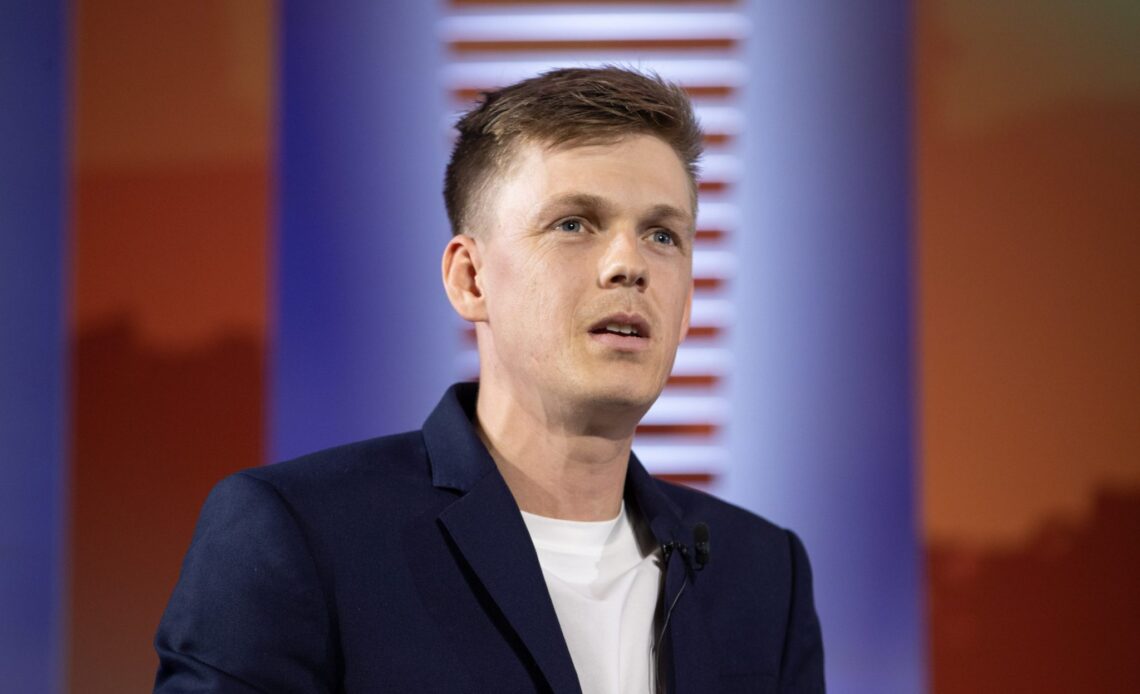Social media no longer belongs to you, your friends, that random guy from middle school who still lives in your hometown, or your weird cousin you muted but can’t unfollow, because, well, they’re still family. It’s now entirely the domain of influencers and creators who make content for a living.
There’s just no more room for regular people on social media.
“People are posting a lot less on public social media,” Sasha Kaletsky, cofounder and managing partner at Creator Ventures, said Monday at the Fortune Global Forum in Abu Dhabi. “And so your feed is no longer made up of your high school friends or your prom date from seven years ago. Now you’re just seeing people who are professionally entertaining you.”
The creator economy is such a big business that it has turned social media networks from a place of convivial camaraderie to a global distribution platform for the booming content business. By 2027 the creator economy is forecasted to be a $480 billion industry, almost double the sector’s current value of $250 billion, according to a report from Goldman Sachs.
The nature of the evolving creator economy is changing social media platforms as well. Creators have often been at the mercy of the algorithms of Big Tech. When those algorithms change, so does the nature of social media, forcing those who make a living on those platforms to adjust accordingly. Those algorithms, which are meant to drive engagement above all else, can sometimes harm user experiences, as some tech executives have argued.
Social media services are becoming “distribution platforms rather than follower platforms,” Kaletsky says. “All these original platforms, whether it’s Twitter [now known as X], Instagram, even Facebook back in the day, were things where you would follow certain creators alongside your own friends, and watch their content in your feeds. It’d be a friend, and it’d be a creator next to each other. That’s changing completely. In five years, that will have totally changed to the extent that you don’t bother with friends anymore.”
There have been upstart social media companies—BeReal and Dispo, for example—that have tried to revert to the original friend-oriented version of social media, Kaletsky says. But none of them caught on. Poparazzi, another app that Kaletsky cited alongside BeReal and Dispo, shut down in May, just two years after topping the charts of Apple’s App Store. Despite the…
Click Here to Read the Full Original Article at Fortune | FORTUNE…


